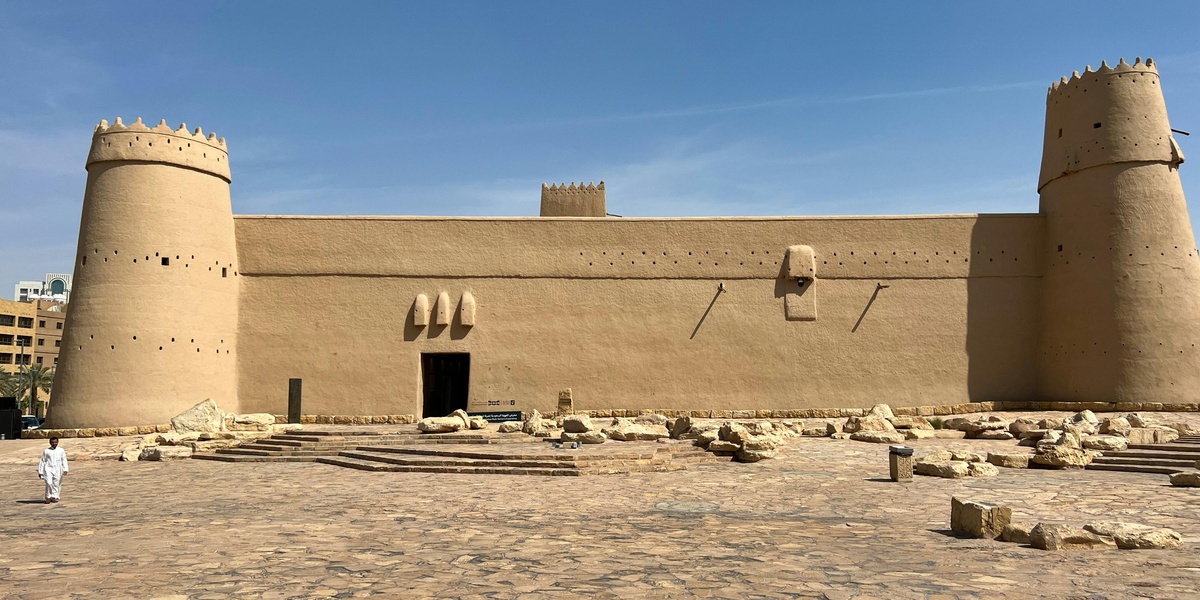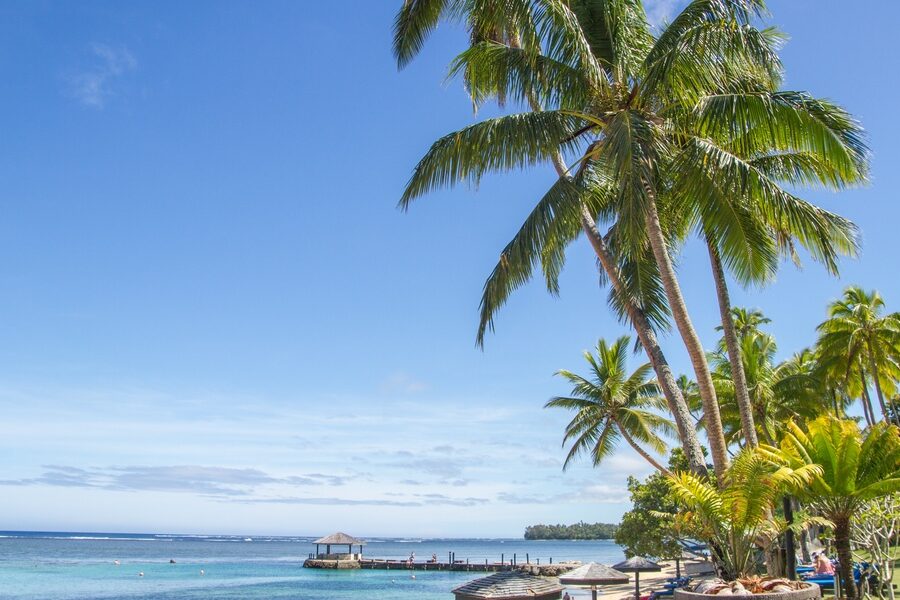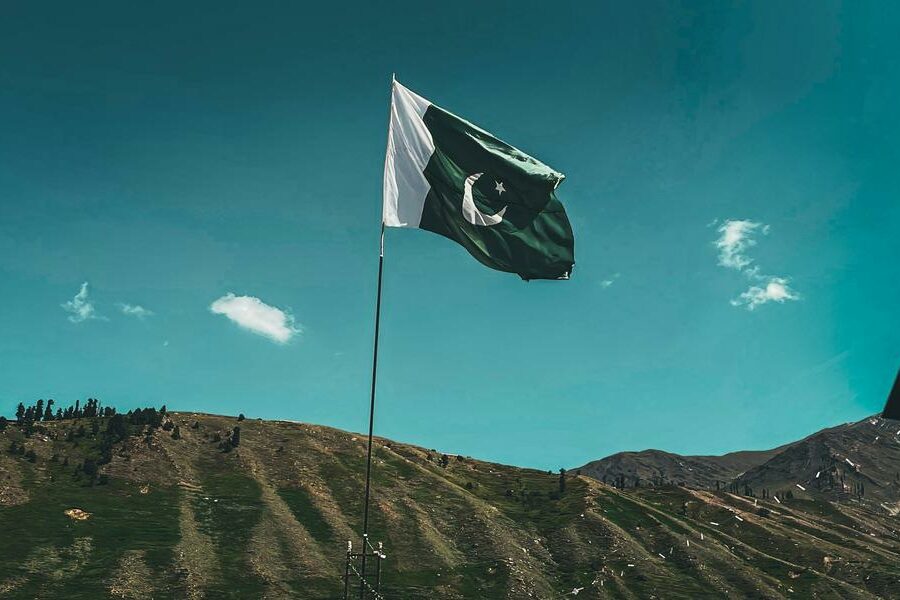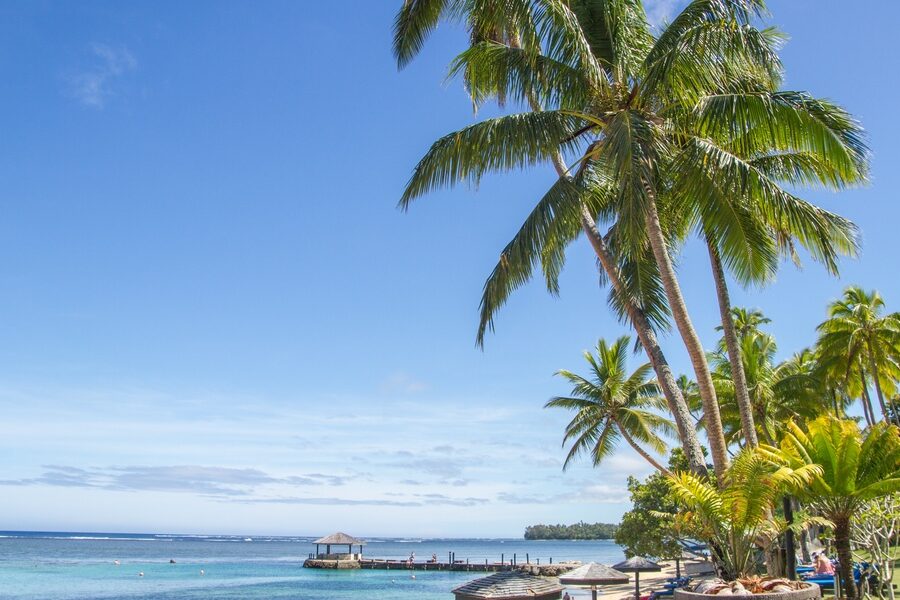Saudi Arabia mixes ancient sites, busy souks, and modern cities where small language choices make a big difference in daily travel. Whether you’re navigating Riyadh, ordering food, or asking for directions, a few phrases can make interactions smoother and more pleasant.
There are 54 Useful Phrases for Tourists in Saudi Arabia, ranging from Airport to You’re welcome. The list covers practical moments and polite replies; for each entry you’ll find below Arabic,Transliteration,Context/use — so you can read the script, say the words, and know when to use them, you’ll find below.
How can I use these phrases if I don’t read Arabic script?
Each entry includes a clear transliteration so you can pronounce words without reading Arabic; try listening to native speakers (apps or short videos) and practice common lines like greetings and thanks. Keep a printed or offline copy for quick access, and pair phrases with simple gestures to make communication easier.
Will these phrases be understood across different cities and situations?
Most common phrases, especially greetings and basic requests, are widely understood and appropriate in cities, airports, and tourist sites; regional dialects vary, but polite Modern Standard forms or simple expressions will usually be recognized, and locals often appreciate the effort even if English is available.
Useful Phrases for Tourists in Saudi Arabia
| Phrase (EN) | Arabic | Transliteration | Context/use |
|---|---|---|---|
| Hello | السلام عليكم | As-salamu alaykum | A universal greeting used anytime, anywhere. |
| Welcome | أهلاً وسهلاً | Ahlan wa sahlan | Greeting someone warmly in a home, shop, or office. |
| Good morning | صباح الخير | Sabah al-khair | Greeting someone in the morning. |
| Good evening | مساء الخير | Masa’ al-khair | Greeting someone in the evening. |
| Goodbye | مع السلامة | Ma’a as-salama | Said when you or someone else is leaving. |
| How are you? (to a man) | كيف حالك؟ | Kayfa halak? | Asking a man how he is doing. |
| How are you? (to a woman) | كيف حالكِ؟ | Kayfa halik? | Asking a woman how she is doing. |
| I’m fine, thank you | أنا بخير، شكراً | Ana bikhair, shukran | Responding to “How are you?”. |
| What’s your name? (to a man) | ما اسمك؟ | Ma ismak? | Asking a man for his name. |
| What’s your name? (to a woman) | ما اسمكِ؟ | Ma ismik? | Asking a woman for her name. |
| My name is… | …اسمي | Ismi… | Introducing yourself. |
| Pleased to meet you | تشرفنا | Tasharrafna | A polite response after being introduced to someone. |
| Yes | نعم | Na’am | Answering a question affirmatively. |
| Yes (casual) | أيوه | Aywa | Answering a question affirmatively in casual conversation. |
| No | لا | La | Answering a question negatively. |
| Please (to a man) | من فضلك | Min fadlak | Making a polite request to a man. |
| Please (to a woman) | من فضلكِ | Min fadlik | Making a polite request to a woman. |
| Thank you | شكراً | Shukran | Expressing gratitude. |
| You’re welcome | عفواً | Afwan | Responding to “Thank you”. |
| Excuse me / Pardon me | لو سمحت | Law samaht / Law samahti | Getting someone’s attention or apologizing for a small inconvenience. |
| I don’t understand | لا أفهم | La afham | When you can’t understand what someone is saying. |
| I don’t speak Arabic | لا أتكلم العربية | La atakallam al-arabiya | To inform someone you cannot speak Arabic. |
| Do you speak English? | هل تتكلم الإنجليزية؟ | Hal tatakallam al-ingliziya? | Asking if someone can speak English. |
| Where is the bathroom? | أين الحمام؟ | Ayna al-hammam? | Asking for the location of the restroom. |
| How much is this? | بكم هذا؟ | Bikam hadha? | Asking for the price of an item. |
| It’s too expensive | غالي جداً | Ghali jiddan | Used when negotiating prices in a market. |
| The bill, please | الحساب، من فضلك | Al-hisab, min fadlak | Asking for the check at a restaurant or café. |
| Water | ماء | Ma’ | Requesting water. |
| Coffee | قهوة | Qahwa | Ordering coffee. |
| Tea | شاي | Shai | Ordering tea. |
| Delicious! | لذيذ! | Ladheeth! | Complimenting the food. |
| I want… | …أريد | Ureed… | Stating that you would like to have something. |
| Open | مفتوح | Maftouh | Indicates that a shop or place is open for business. |
| Closed | مغلق | Mughlaq | Indicates that a shop or place is closed. |
| Help! | !مساعدة | Musa’ada! | Calling for help in an emergency. |
| Police | شرطة | Shurta | The word for police. |
| Hospital | مستشفى | Mustashfa | The word for hospital. |
| Right | يمين | Yameen | The direction ‘right’. |
| Left | يسار | Yasar | The direction ‘left’. |
| Straight ahead | على طول | Ala tool | The direction ‘straight ahead’. |
| Here | هنا | Huna | To indicate ‘here’ or this location. |
| There | هناك | Hunak | To indicate ‘there’ or a location at a distance. |
| Airport | مطار | Matar | The word for airport. |
| Hotel | فندق | Funduq | The word for hotel. |
| Taxi | تاكسي | Taxi | The word for a taxi or cab. |
| Market | سوق | Souq | The word for a market, especially a traditional one. |
| God willing | إن شاء الله | Insha’Allah | Expressing hope for the future. |
| Praise be to God | الحمد لله | Alhamdulillah | Expressing gratitude or satisfaction. |
| What God has willed | ما شاء الله | Masha’Allah | Expressing admiration or appreciation. |
| One | واحد | Wahid | The number 1. |
| Two | اثنين | Ithnan | The number 2. |
| Three | ثلاثة | Thalatha | The number 3. |
| One hundred | مئة | Mi’a | The number 100. |
| One thousand | ألف | Alf | The number 1,000. |
Descriptions
Hello
Literally meaning “Peace be upon you,” this is the most common and respectful greeting. It’s a warm and polite way to start any interaction. The proper response is “Wa alaykum as-salam.”
Welcome
This is a very common and hospitable phrase used to make someone feel welcome. It expresses genuine warmth and is more emphatic than a simple “hello.” You can shorten it to just “Ahlan.”
Good morning
A standard and polite morning greeting. The traditional response is “Sabah an-nur” (Morning of light), which is a lovely and poetic way to return the pleasantry. It’s used until around noon.
Good evening
The evening equivalent of “Good morning.” It is used from the afternoon onwards. The correct and common response is “Masa’ an-nur” (Evening of light), mirroring the morning greeting’s structure.
Goodbye
Literally “with peace,” this is the most common way to say goodbye. It is a polite and friendly closing for any conversation, suitable for both formal and informal situations.
How are you? (to a man)
A standard way to ask “How are you?”. Note that Arabic has grammatical gender; use “halak” when speaking to a man. The common reply is “Alhamdulillah, bikhair” (Praise be to God, I am fine).
How are you? (to a woman)
This is the feminine version of “How are you?”. Using the correct gendered ending shows respect and a better grasp of the language. It’s a small detail that is often appreciated.
I’m fine, thank you
A polite and standard response. Often, people will say “Alhamdulillah, bikhair” to express gratitude to God, which is a very common cultural practice in daily conversation in Saudi Arabia.
What’s your name? (to a man)
A direct but polite way to ask for someone’s name. Remember to use the “-ak” ending for a male. Introductions are an important part of showing respect in Saudi culture.
What’s your name? (to a woman)
The feminine version for asking for a name, using the “-ik” ending. Using the correct form is a sign of respect and courtesy, especially in more traditional or formal settings.
My name is…
A simple and straightforward way to introduce yourself. Just say “Ismi” followed by your name. For example, “Ismi John.” It’s the perfect start to any personal introduction.
Pleased to meet you
Meaning “We are honored,” this is a very polite and common phrase to use when you meet someone for the first time. It conveys respect and is a cornerstone of polite introductions.
Yes
This is the formal and universally understood word for “yes.” It is appropriate in any situation, from a formal business meeting to a casual chat in a market.
Yes (casual)
A more colloquial and very common way to say “yes.” While “Na’am” is more formal, “Aywa” is used frequently in everyday speech and will make you sound more like a local.
No
The universal and simple word for “no.” It is clear, direct, and understood by everyone. It’s one of the most fundamental words you can learn in any language.
Please (to a man)
A crucial phrase for being polite. Use it when asking for anything, such as directions or the bill. The “-ak” ending is for addressing men. Politeness is highly valued.
Please (to a woman)
The feminine version of “please,” using the “-ik” ending. Remembering to use the correct gendered form is a simple way to show cultural awareness and respect during your interactions.
Thank you
The most common way to say “thank you.” It’s simple, universally understood, and always appreciated. Use it liberally in shops, restaurants, and hotels to show your appreciation for service.
You’re welcome
This is the standard and polite reply to “Shukran.” It can also mean “excuse me,” depending on the context, but it is most frequently used to mean “you’re welcome.”
Excuse me / Pardon me
Use this to politely get the attention of a waiter or shopkeeper. Use “samaht” for a man and “samahti” for a woman. It’s a versatile and essential phrase for navigating public spaces.
I don’t understand
A very useful phrase for any tourist. It politely communicates a language barrier. People are generally very helpful and will try to use simpler words, gestures, or find someone who speaks English.
I don’t speak Arabic
This phrase clearly and politely explains your language limitations. It’s more specific than “I don’t understand” and is very helpful for setting expectations in a conversation.
Do you speak English?
A key question for English-speaking tourists. Many people in major cities, especially in the service industry, speak English, but asking in Arabic first is a polite gesture that is often appreciated.
Where is the bathroom?
An essential travel phrase in any language. “Ayna” means “where,” and “al-hammam” means “the bathroom.” This simple question is universally useful in restaurants, malls, and public places.
How much is this?
The go-to phrase for shopping, especially in traditional markets (souqs). “Bikam” means “how much.” It’s direct, polite, and essential for any transaction or price inquiry.
It’s too expensive
A useful phrase for haggling in souqs. Saying “Ghali jiddan” (very expensive) can be the start of a friendly negotiation for a better price on souvenirs or other goods.
The bill, please
When you are ready to pay at a restaurant, this phrase will signal to the waiter that you’d like the bill. It’s a clear and polite way to conclude your meal.
Water
A simple but vital word. You can say “Ma’, min fadlak” (Water, please) to order it at a restaurant. Staying hydrated is especially important in the warm climate of Saudi Arabia.
Coffee
Coffee is a cornerstone of Saudi hospitality. “Qahwa” can refer to traditional, spiced Arabic coffee or Western-style coffee. Specifying your preference might be necessary in modern cafes.
Tea
Tea is another incredibly popular beverage, often served sweet and with mint. It’s a common offering to guests and a staple in cafes and homes across the Kingdom.
Delicious!
A wonderful compliment to give to a chef or host. Expressing that the food is delicious is a great way to show your appreciation for their cooking and hospitality.
I want…
A direct way to express what you want, whether it’s an item in a shop or a dish on a menu. For example, “Ureed qahwa” means “I want coffee.” Add “min fadlak” to be more polite.
Open
You will often see this word on signs for shops, restaurants, and other establishments. It’s a useful word to recognize when you’re exploring a city.
Closed
The opposite of “open.” This is another useful word to recognize on signs, especially for knowing when places are closed for prayer times or at the end of the day.
Help!
A crucial word for emergencies. It’s a clear and universal call for assistance. Hopefully, you won’t need it, but it’s an important word for every traveler to know.
Police
An essential vocabulary word for safety and emergencies. In case you need assistance or need to report something, this is the word to use to ask for the police.
Hospital
Knowing this word is vital in case of a medical emergency. You can use it to ask for directions or to tell a taxi driver where you need to go urgently.
Right
Essential for understanding or giving directions. You can use it with a taxi driver or when asking a pedestrian for help navigating the city. Paired with “left,” it’s key for directions.
Left
The counterpart to “yameen” (right). Knowing both is fundamental for navigating. You can use gestures along with the words to make your meaning even clearer.
Straight ahead
Another critical phrase for directions. When asking how to get somewhere, you’ll often hear this in the response. It tells you to continue forward without turning.
Here
A simple word to point out your current location on a map or to tell a taxi driver that this is your stop. It’s a very practical and frequently used word.
There
The opposite of “huna” (here). You can use it to point to a destination or to ask about something that is farther away. It’s another basic but useful location word.
Airport
An essential word for any international traveler. You’ll need it when taking a taxi or asking for directions to catch your flight.
Hotel
A fundamental piece of vocabulary for any tourist. Use it to ask for directions back to your accommodation or to tell a driver your destination.
Taxi
The word “taxi” is an international loanword and is widely understood in Saudi Arabia. It’s an easy and recognizable word to use when you need to hail a cab.
Market
The souq is a central part of cultural and commercial life. Asking for the “souq” will lead you to the vibrant traditional markets, perfect for shopping for souvenirs, spices, and local crafts.
God willing
Literally “if God wills it,” this phrase is used for any future plan, from “See you tomorrow” to “My flight leaves at 10.” It reflects a belief that the future is in God’s hands.
Praise be to God
Meaning “praise be to God,” it’s used to express gratitude for good things. It’s also a common answer to “How are you?,” signifying that one is well and thankful.
What God has willed
Used to show appreciation for something beautiful or impressive, like a lovely view or a cute baby. It’s also said to avert the evil eye and express that the blessing comes from God.
One
Knowing basic numbers is very helpful for shopping, telling time, or understanding prices. “Wahid” is the starting point for counting in Arabic.
Two
The next essential number. You can use it to order two coffees (“ithnan qahwa”) or to specify a quantity when you are shopping in a market.
Three
Continuing with the basic numbers, “thalatha” is useful for everyday situations like ordering for a small group or buying multiple items.
One hundred
A useful number to know for handling money, as the Saudi currency (Riyal) comes in various denominations, including a 100 Riyal note.
One thousand
Helpful for understanding larger prices, especially for significant purchases or hotel bills. It provides a sense of scale when dealing with costs in the local currency.






